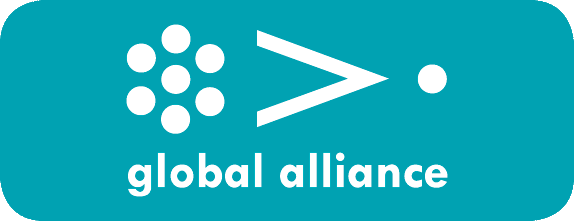But Is It Ethical?
By Kirk Hazlett, APR, Fellow PRSA
As a public relations professional now teaching the next generation(s) of PR pros, one not-so-simple challenge is always looking over my shoulder as I introduce my eager-to-learn audiences to my life’s passion...how to ensure that they know the razor-thin difference between “legal” and “ethical” decision-making and action.
I have to hasten to say that I am in no way suggesting that anyone...at any time...should consider ignoring advice and counsel from legal experts. Yes. The law must be obeyed. But oftentimes, in usually very public situations, the legal advice tends to lean toward “Say nothing until the incident reaches the courtroom.”
Unfortunately, in these situations, a large and highly-influential public...customers, potential customers, the media...is already forming an opinion about your particular problem, and that opinion is usually in the form of “Well, they’re ‘hiding’ from us and not saying anything; therefore, they must be guilty.”
One of the pioneers of the public relations profession, Ivy Ledbetter Lee, said so eloquently in his “Declaration of Principles” more than 100 years ago: “...our plan is frankly, and openly, on behalf of business concerns and public institutions, to supply the press and public of the United States prompt and accurate information concerns subjects which it is of value and interest to the public to know about.”
From my perspective as often the most visible representative of my employer, Mr. Lee’s words make it crystal clear that our publics...including our own employees...must be given the facts as we know them as soon as possible. This is not suggesting that we betray confidences or blatantly reveal damaging information. But it does strongly suggest that we cannot hide behind the “legal curtain.”
The overall message is simple: “Tell the truth. Tell it fast. Move on.” Yes, the corporate legal staff may protest. But in the end, when the evening news comes on, you will have your story told, openly and honestly. And you will have the satisfaction of knowing that your action was, indeed, ethical.
Kirk Hazlett, APR, Fellow PRSA, is Adjunct Professor of Communication at the University of Tampa. In addition, he is a Director and Ethics Officer for the Tampa Bay Chapter, Public Relations Society of America. A long-time and actively-involved member of PRSA, Kirk was appointed in January 2018 as PRSA Tampa Bay’s first Ethics Officer and has launched an active awareness program to help guide members through ethical challenges.

